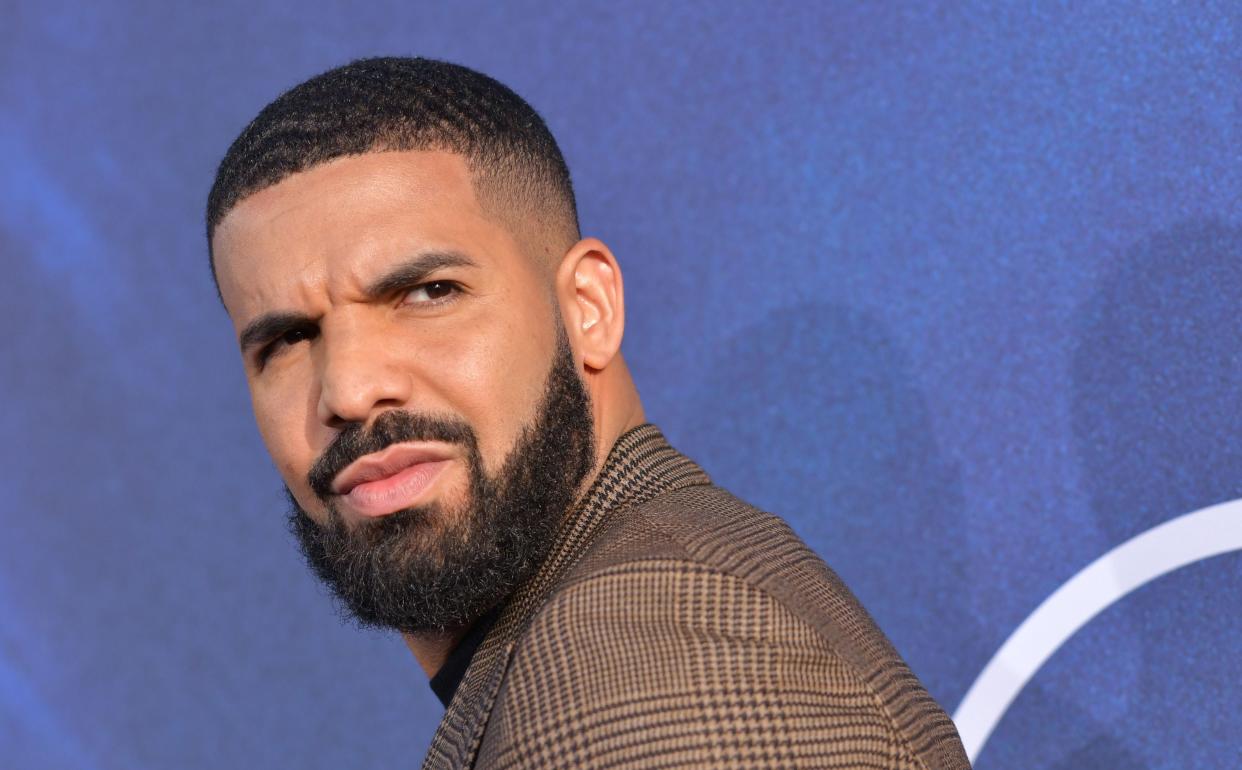Drake says he'd be arrested if he committed sexual assault. Statistically that's not true.
The rap battle between Drake and Kendrick Lamar continues to rage − and some misinformation is getting spread in the process.
So far, the rappers have released dueling diss tracks in which they trade barbs about gossip and Ozempic, while also levying serious allegations of abuse, addiction and grooming. In his Sunday diss track "The Heart Part 6," Drake bites back at Lamar's lyrical allegations of grooming and pedophilia − but he gets something seriously wrong in doing so.
"If I was (expletive) young girls, I'd have been arrested," Drake raps in the song. "I'm way too famous for this (expletive) you just suggested."
But that line, though it's just one of many in their back-and-forth battle, actually glosses over an important, sobering fact about our society: Very few rapes get reported to law enforcement, and fewer still ever lead to an arrest and conviction. Add that to the advantages afforded by fame, wealth and power, and a perpetrator may be even less likely to face consequences, experts explain.
More: Security guard shot at Drake's Toronto home, police say

Sexual assault allegations rarely lead to arrests
Out of every 1,000 sexual assaults, just 25 perpetrators will see jailtime, according to the Rape, Abuse and Incest National Network (RAINN).
Advocates and experts previously told USA TODAY long-existing biases and stigma against victims may make them less likely to come forward, and, when they do, authorities rarely pursue charges against an assailant.
A study published in the Journal of Interpersonal Violence in 2022 said less than 5% of sexual assaults are reported to law enforcement, even though one in four women will experience sexual assault in their lifetimes. Of the cases reported to police, one in five are deemed baseless by police and coded as "unfounded," the study adds.
More: Drake denies Kendrick Lamar's grooming allegations in new diss track 'The Heart Part 6'
Some researchers have suggested that social skepticism towards women may influence how police view allegations. For example, a study published in the journal "Criminal Justice" in 2004 on police perceptions of rape complainants concluded that "police suspiciousness regarding rape allegations originates within a social environment characterized by a history of distrust towards women."
Deborah Tuerkheimer, a Northwestern law professor and author of the book "Credible: Why We Doubt Accusers and Protect Abusers," previously told USA TODAY prosecutors have to prove crimes beyond a reasonable doubt, and, with sex crimes, they consider how juries will react.
Anything that can make a victim seem less credible is a reason for a prosecutor not to take up the case, even if evidence of guilt seems overwhelming, Tuerkheimer said.
“We come to the task of judging credibility primed to disbelieve. We see that outside of the courtroom, and we see that inside the courtroom,” she said.
What 'The Red Zone' on college campuses teaches us about sexual assault
Famous men frequently escape consequences
Furthermore, despite some high-profile arrests and convictions, famous men accused of misconduct rarely face lasting consequences, except in the most egregious cases, experts previously told USA TODAY.
Comedian Louis C.K., for example, returned to stand-up after masturbating in front of women he knew professionally. Casey Affleck was sued by two women who accused him of repeated sexual harassment. He apologized for being "unprofessional" and has continued to make films.
"We really are talking about outrage for a few months. Some people might boycott a particular entertainer. ... They might lose one job. But they come back so fast," Nicole Bedera, an expert in sexual violence whose research focuses on campus rape, previously told USA TODAY. "It's really difficult to find an example of someone whose life was ruined, even if they deserved consequences for their actions. We mostly see injustice."
More: Woman after woman told her story, but the rape conviction didn't stand. Here's why.
What else does Drake say on his Kendrick Lamar diss track?
Drake's nearly six-minute track also addresses Lamar's jabs at the rapper for previous grooming allegations. "Speakin' of anything with a child, let's get to that now / This Epstein angle was the (expletive) I expected / TikTok videos you collected and dissected / Instead of being on some dis-direct (expletive), you rather (expletive) grab your pen and mis-direct (expletive)," Drake raps.
In 2018, Drake received backlash after "Stranger Things" star Millie Bobby Brown, then 14, revealed she considered the rapper "a great friend and a great role model," despite their 17-year age difference. On social media, the rapper was accused of "grooming" Brown as a result of their texting relationship. Brown later defended their connection in her Instagram Stories at the time, calling it "weird" that followers make their "lovely friendship" a topic of discussion.
Harvey Weinstein rape victim revealed her name. The power in reclaiming your identity.
Drake also brings up Lamar's "Mother I Sober" song, off his "Mr. Morale & the Big Steppers" studio album, in which the Compton rapper alludes to familial accusations of sexual assault.
"I don't want to diss you anymore / This really got me second-guessing," Drake also raps.
Then once more, Drake denies Lamar's accusations that he has ever been involved with a minor. "I never been with no one underage / But now I understand why this the angle that you really mess with," he raps.
Contributing: Pamela Avila, Naledi Ushe, Jeanine Santucci, Alia E. Dastagir, USA TODAY
This article originally appeared on USA TODAY: Drake's Kendrick Lamar diss track gets this wrong about sexual assault
